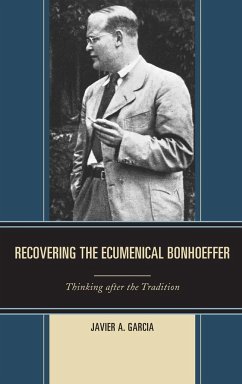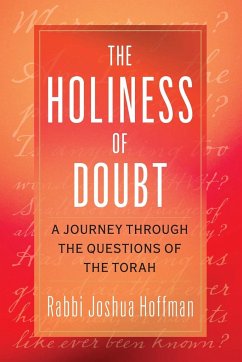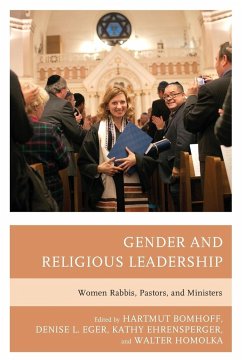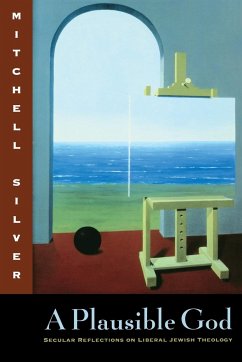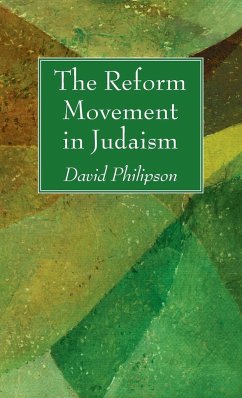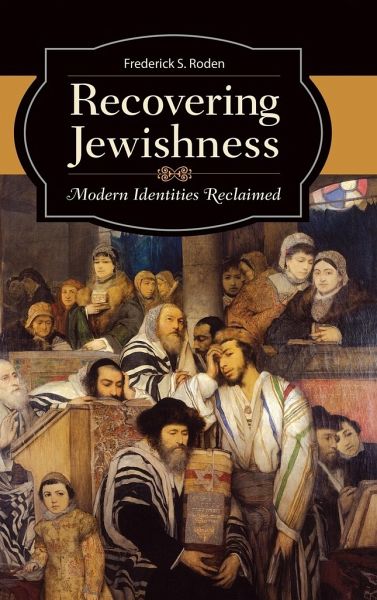
Recovering Jewishness
Modern Identities Reclaimed
Versandkostenfrei!
Versandfertig in 1-2 Wochen
70,99 €
inkl. MwSt.
Weitere Ausgaben:

PAYBACK Punkte
35 °P sammeln!
Judaism and Jewish life reflect a diversity of identity after the past two centuries of modernization. This work examines how the early reformers of the 19th century and their legacy into the 20th century created a livable, liberal Jewish identity that allowed a reinvention of what it meant to be Jewish-a process that continues today. Many scholars of the modern Jewish identity focus on the ways in which the past two centuries have resulted in the loss of Jewishness: through "assimilation," intermarriage, conversion to other faiths, genocide (in the Holocaust), and decline in religious observa...
Judaism and Jewish life reflect a diversity of identity after the past two centuries of modernization. This work examines how the early reformers of the 19th century and their legacy into the 20th century created a livable, liberal Jewish identity that allowed a reinvention of what it meant to be Jewish-a process that continues today. Many scholars of the modern Jewish identity focus on the ways in which the past two centuries have resulted in the loss of Jewishness: through "assimilation," intermarriage, conversion to other faiths, genocide (in the Holocaust), and decline in religious observance. In this work, author Frederick S. Roden presents a decidedly different perspective: that the changes in Judaism throughout the 19th and 20th centuries resulted in a malleable, welcoming, and expanded Jewish identity-one that has benefited from intermarriage and converts to Judaism. The book examines key issues in the modern definition of Jewish identity: who is and is not considered a Jew, and why; issues of Jewish "authenticity"; and the recent history of the debate. Attention is paid to the experiences of individuals who came to Judaism from outside the tradition: through marrying into Jewish families and/or choosing Judaism as a religion. In his consideration of the tragedy of the Holocaust, the author examines how a totalitarian regime's racial policing of Jewish identity served to awaken a connection with and reconfiguration of what that Jewish identity meant for those who retrospectively realized their Jewishness in the postwar era.





